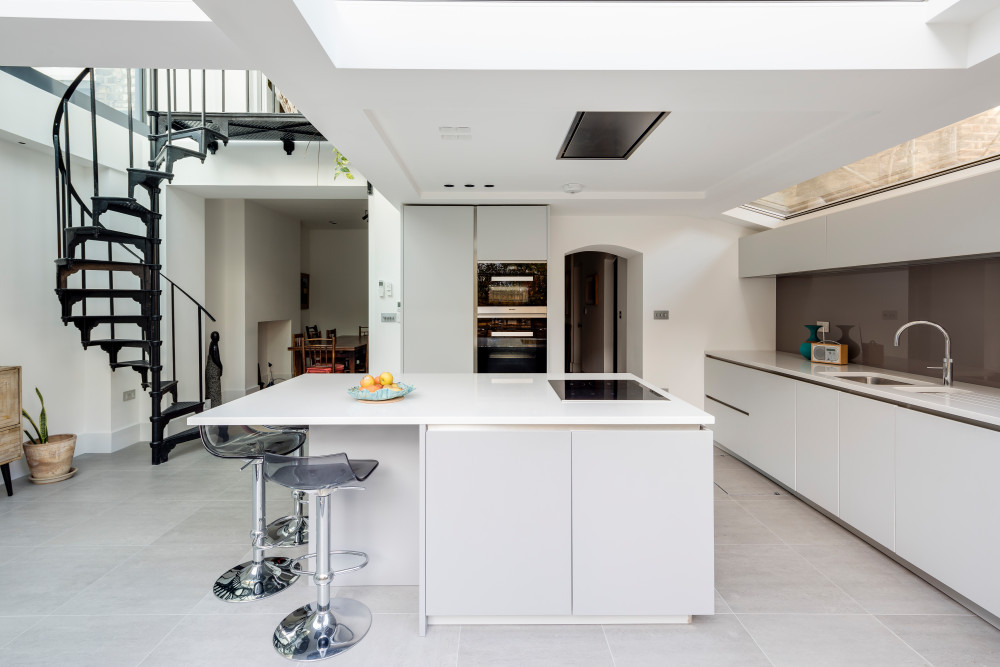
When it comes to dealing with the rules and regulations surrounding planning permission for home improvements and basement conversions in London things can get quite complex. This guide aims to simplify these regulations for you and make the process easier to navigate.
Determining Your Requirements
It's important to keep in mind that whether or not you need planning permission depends on the specifics of your project. The best way to find out is by consulting with your Local Authority in London. Our team of architects at Basement Conversion London can also offer advice on planning guidelines and restrictions specific to each borough in London tailoring your plans accordingly.
Internal vs External Changes
If your project involves making alterations to an existing basement or cellar you might not require planning permission as long as it doesn't involve creating a separate dwelling or changing the external appearance of the property. However, if you plan on constructing a basement, especially one with light wells or intended as a separate dwelling unit then obtaining planning permission will likely be necessary.
Borough Specific Regulations
It's worth noting that planning regulations can vary significantly across boroughs in London. For example, some boroughs may have restrictions on how deep basement excavations can be. In Kensington and Chelsea Borough extensions, beyond one storey are typically not allowed.
Conservation Areas and Listed Buildings
Conservation areas typically require planning permission so it's highly likely that obtaining planning permission, for a basement conversion in a listed building will be challenging based on our experience.
Party Wall Agreements
Before commencing any construction work it is essential to have party wall agreements in place with neighboring properties regardless of whether planning permission has been granted or not.
Timeline for Planning Permission Decisions
The time taken for planning permission decisions can vary however most applications are usually concluded within 8 weeks depending on your local planning authority. Complex or larger projects might take up to 13 weeks. We advise you to check with your local authority which can provide you with an estimated timeline for the decision-making process.
Seeking Expert Advice
For guidance and support, we recommend reaching out to your planning authority or contacting our team at Basement Conversion London. We are here to assist you with any questions or concerns you may have.
